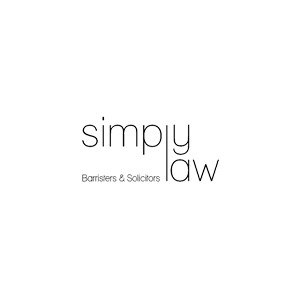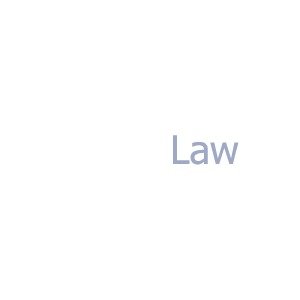Best Employer Lawyers in Tauranga
Share your needs with us, get contacted by law firms.
Free. Takes 2 min.
List of the best lawyers in Tauranga, New Zealand
About Employer Law in Tauranga, New Zealand
Employer Law in Tauranga, New Zealand, primarily revolves around the Employment Relations Act 2000 and the Health and Safety at Work Act 2015. These laws provide guidelines for fair employment practices, health and safety compliance, confidentiality, mutual obligations, discrimination, and redundancy. They uphold the rights and responsibilities of both employers and employees, maintaining a balance for productive work conditions. They encompass all aspects of the employment relationship from recruitment, contract formation, through to termination and redundancy.
Why You May Need a Lawyer
Legal representation or advice can be crucial in many situations involving Employer Law. It could include drafting, reviewing and negotiating employment contracts, navigating redundancy or restructuring processes, handling disputes over wage, holiday pay, or managing employee performance and disciplinary matters. If you're accused of unfair dismissal, discrimination, or faced with a personal grievance claim from an employee, having a lawyer well-versed in employment law is essential. Additionally, ensuring compliance with the ever-changing employment laws means having a trusted legal advisor can be an invaluable asset.
Local Laws Overview
The primary acts governing employer law in Tauranga are the Employment Relations Act 2000 and the Health and Safety at Work Act 2015. The former provides the legal framework for collective bargaining and resolving employment relationship problems. It also outlines the protection against discriminatory behavior, freedom from unjustified dismissal, and the right to good faith treatment. The Health and Safety at Work Act 2015, on the other hand, sets the standards for workplace safety and health. It mandates employers to ensure a safe and secure work environment, minimizing the risk of accidents or health issues.
Frequently Asked Questions
What are fair and unfair reasons for dismissal?
Business reasons like redundancy, mutual agreement or performance issues can be fair grounds for dismissal provided it follows due process. Dismissal due to discrimination, retaliation, or without valid reasons is deemed unfair.
What are my rights and responsibilities as an employer?
As an employer, you have the right to manage your business and make key decisions. However, you're also responsible for maintaining fair employment practices, health and safe working conditions, proper compensation and respecting your employees' rights.
Can an employee file a personal grievance against me?
Yes, an employee can raise a personal grievance claim if they believe they have been treated unfairly or unjustifiably dismissed.
Am I required to provide notice of termination?
Yes, except for cases involving misconduct, you must provide notice as per the conditions specified in the employment agreement.
How can I ensure compliance with the employment laws?
Seeking advice from legal professionals or HR experts ensure compliance with employment laws. Regularly updating policies and contracts as per law changes also helps.
Additional Resources
Government bodies like the Employment New Zealand and the Ministry of Business, Innovation, and Employment provide valuable resources and guidance regarding Employer Law. Local organizations like the Employment Law Institute also provide assistance and training opportunities.
Next Steps
If you require legal assistance relating to Employer Law, it's encouraged to consult with a legal professional. They can provide tailored advice and representation, ensuring you meet your obligations as an employer and navigate any tricky legal situations effectively.
Lawzana helps you find the best lawyers and law firms in Tauranga through a curated and pre-screened list of qualified legal professionals. Our platform offers rankings and detailed profiles of attorneys and law firms, allowing you to compare based on practice areas, including Employer, experience, and client feedback.
Each profile includes a description of the firm's areas of practice, client reviews, team members and partners, year of establishment, spoken languages, office locations, contact information, social media presence, and any published articles or resources. Most firms on our platform speak English and are experienced in both local and international legal matters.
Get a quote from top-rated law firms in Tauranga, New Zealand — quickly, securely, and without unnecessary hassle.
Disclaimer:
The information provided on this page is for general informational purposes only and does not constitute legal advice. While we strive to ensure the accuracy and relevance of the content, legal information may change over time, and interpretations of the law can vary. You should always consult with a qualified legal professional for advice specific to your situation.
We disclaim all liability for actions taken or not taken based on the content of this page. If you believe any information is incorrect or outdated, please contact us, and we will review and update it where appropriate.

















